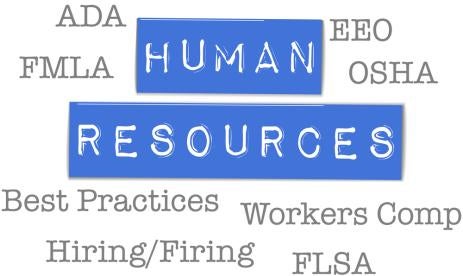Employers and HR professionals in Pennsylvania should be aware that, if a terminated employee demands the opportunity to inspect his or her personnel file, you no longer have a legal obligation to hand it over for viewing.
Enacted in 1978, the Inspection of Employment Record Law (more commonly known as the Personnel Files Act) provides that employers must allow employees to inspect their personnel files upon reasonable request. The Act provides that: “An employer shall, at reasonable times, upon request of an employee, permit that employee … to inspect his or her own personnel files used to determine his or her own qualifications for employment, promotion, additional compensation, termination or disciplinary action.” Until now, the Pennsylvania Department of Labor and Industry has allowed former employees access to their personnel records under the Act, so long as they request to inspect their files within a reasonable time after termination – i.e., 30 days. The Supreme Court of Pennsylvania, however, recently held in the case of Thomas Jefferson University Hospitals, Inc. v. Pennsylvania Department of Labor and Industry that former employees have no right to inspect their personnel files under the Act.
In Thomas Jefferson, an employee requested to review her personnel file one week after she was discharged. Her former employer denied her request, believing she was not entitled to review it because she was no longer employed. The former employee filed a complaint with the Pennsylvania Department of Labor seeking access to her file. The Department granted her request, and the employer challenged the Department’s decision. After an unsuccessful appeal to the Commonwealth Court of Pennsylvania (which is one of Pennsylvania’s two intermediate appellate courts), the employer appealed to the Pennsylvania Supreme Court. On appeal, the Justices of the Pennsylvania Supreme Court took the opportunity to decide whether a recently terminated employee is entitled to inspect her personnel file under the Act.
In a classic case of statutory interpretation, the Supreme Court first looked to the plain language of the statute itself. The Act defines an “employee” as “[a]ny person currently employed, laid off with reemployment rights or on leave of absence” and specifies that “[t]he term ‘employee’ shall not include applicants for employment or any other person.” The Court’s inquiry centered on what it means to be “currently employed.” Using the Oxford Dictionary, the Supreme Court concluded that the common understanding of being currently employed “requires that a person be maintained in another’s service now, at the present time.” Accordingly, the Court held that former employees who were terminated are not entitled to review their files under the Personnel Files Act, no matter how quickly after their discharge they request to review their records.
In Pennsylvania, it is now settled law that only those employees who are employed at the time of their request have a right to review their records under the Personnel Files Act. If a former employee requests access to her file, you have no duty to do so moving forward, unless the request is made in the context of discovery in ongoing litigation or pursuant to a valid subpoena or court order.
Rebecca Trump contributed to this blog post.



 i
i


